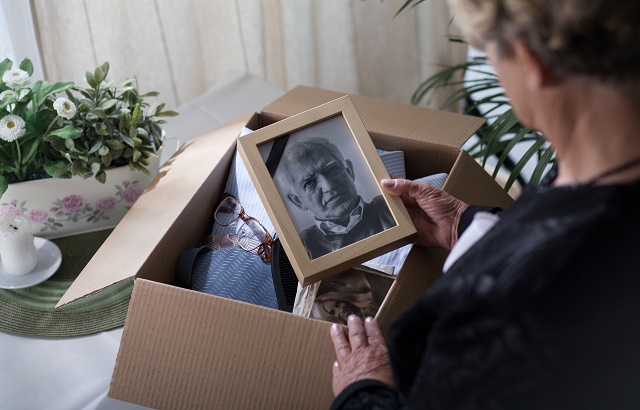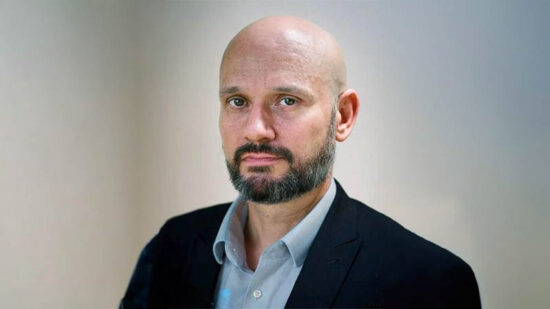Portugal is a beautiful place to retire but growing numbers of expat widows are being left with nothing for retirement because they have not accumulated enough independently to last their lifetime.
Rising longevity also means women are more likely to suffer than men in these circumstances, Gavin Scott, senior partner at the Algarve office of advisory firm Blevins Franks, told International Adviser.
He said that fewer women have independent pension savings, and this “results in some cases where women have no provision at all; other than state benefits, and these may not be complete due to an interrupted work record”.
“We are living longer than was anticipated when individuals were planning their retirement income requirements, which are higher than was anticipated,” Scott said. “This is particularly true for women, as the life expectancy tables are showing a growing gap between men and women who will out-survive their (often older) spouses.
“Couple this with an over expectation of investment performance, it results in an unanticipated shortfall.
“This is often caused by being too defensive in their investment strategy that has led to an overweight in fixed income where we’ve seen a rapid decline in yield in the current low interest rate environment.
“Many investors expect stock market portfolio returns despite not actually being invested in the stock market.”
Damage
Many women only realise their financial difficulties after their spouse has died.
“The damage tends to be done in the early years of planning and accumulation,” said Scott. “This makes the retirement phase very difficult to provide for; while taking as little risk as possible, yet still meeting the lifetime needs of the individual.
“Time in the market cannot be caught up in fewer years.
“The reality is that pensions are now ‘invested’ for a longer period in retirement than they were in accumulation/funding (we might build a fund over 15-20 years that has to last twice as long in drawdown).”
How to plan
Planning has to take place as early as possible to ensure that the surviving spouse is in the best possible financial position after their spouse dies.
Scott said that, in the pre-retirement stage, clients need to be “realistic about possible investment returns based on attitude to risk, taking account of inflation and an extended life expectancy”.
During the post-retirement stage, clients need to fully understand their capacity for loss.
“I see many cases where individuals state that they are ‘low risk investors’ and, as a result, capital preservation is very important to them,” Scott said. “On the one hand, they are saying that are prepared to accept very low levels of return in exchange for capital protection.
“But they then take a high-risk approach to income provision by drawing down on capital at a rate much higher than any realistic investment return, resulting in a guaranteed and savage erosion of capital.
“These people tend to gravitate to weak advisers that promise the earth and are either incapable or unwilling to educate their client to this folly and reality.”
A family united
Understanding the fundamentals of risk and investing when it comes to pensions is a vital issue. But having family meetings about financial planning can also really help.
“There is often pressure from children looking to parents for assistance with, say, property funding and parents often feel that, if capital is available, they’d like to help out. But this can have a detrimental effect on pension provision,” Scott added. “In reality, they can probably achieve both so long as they prioritise the pension planning during the parents’ lifetime.
“Capital is unlikely to be replaced but, where preserved, is capable of continuing to grow and provide an increasing income stream.
“Parents who wish to help their children might be better considering [paying] school fees or mortgage payments rather than gifts of capital that reduce the value of the family estate through capital erosion.
“The starting point with families is often looking at what it is we are trying to achieve in the first instance, rather than starting with a perceived solution to a badly thought out question.
“Getting the whole family involved helps to educate younger generations and assists parents in explaining that. although they may appear capital rich at this time, they require this level of capital in order to generate the income they require.”
It is still common, especially in older couples, for the man to manage the money. But Scott believes it is equally important for both partners to meet with advisers as “life expectancy dictates the likelihood that the surviving spouse will have to deal with the ‘finances’ at some time in the future”.
“It’s a lot easier for a man to say ‘don’t worry, she’ll be alright and she’s well taken over with a percentage of my income’, if ‘she’ is not in the room,” said Scott.
But when both voices are being heard, it creates a clearer vision of future requirements and can make financial planning more effective.








